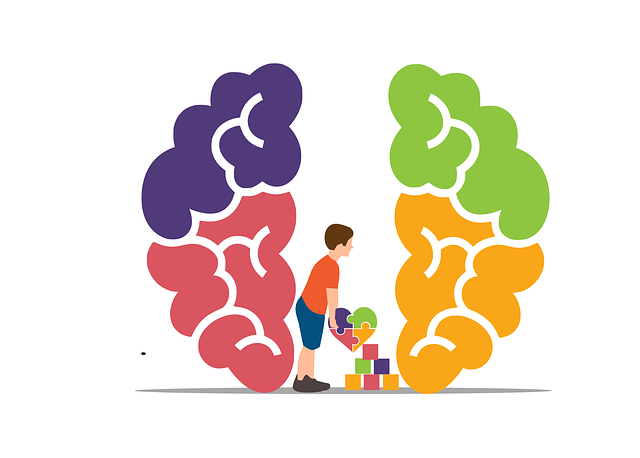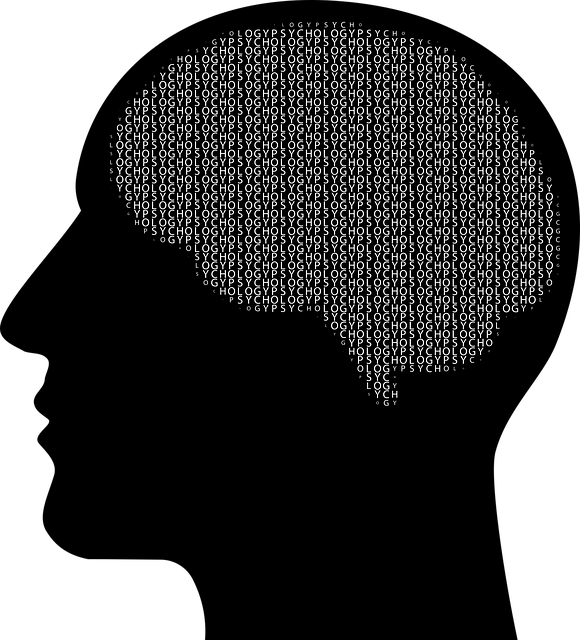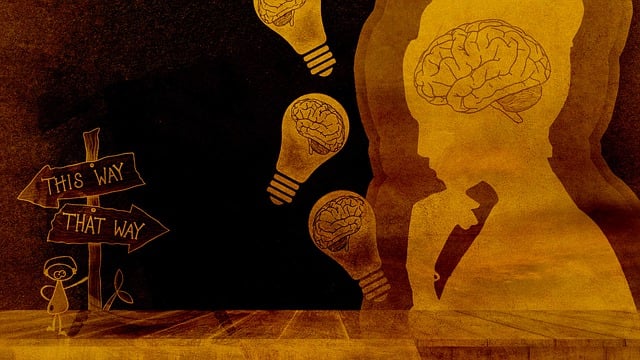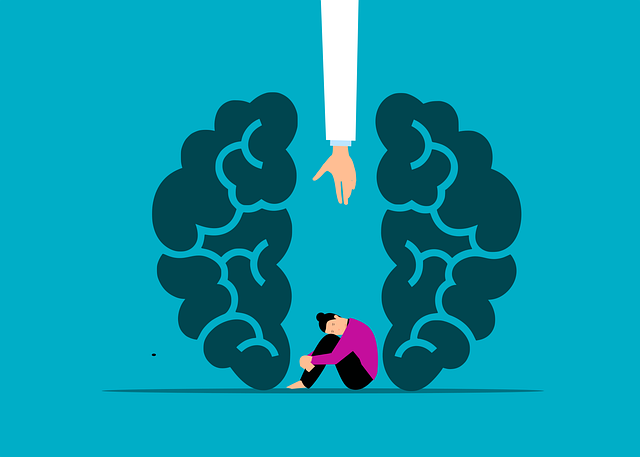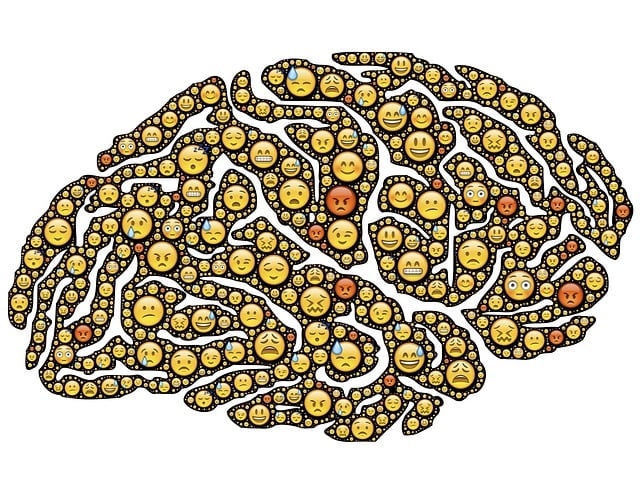Children in Hebrew-speaking communities face unique stressors requiring culturally sensitive mental healthcare. Early identification of stress signs through behavioral, emotional, and physical indicators enables effective interventions. Therapists specializing in Hebrew-speaking populations offer tailored services, combining techniques like CBT, mindfulness meditation, and community outreach to improve access to resources. Integrating these practices with mental wellness education fosters resilience and emotional intelligence in young minds, addressing modern challenges through holistic care. Mindfulness techniques, incorporated into daily routines, enhance stress management skills, empowering children to navigate demanding situations. Through therapy and specialized coping strategies, Hebrew-speaking children develop the tools to advocate for their emotional well-being as they mature.
“Unraveling stress management in children, especially within the context of Hebrew-speaking communities, this article offers a comprehensive guide. We explore the intricate factors contributing to childhood stress and delve into the pivotal role played by Hebrew-speaking therapists.
From understanding the nuances of child psychology to implementing effective therapy techniques, we provide insights on fostering resilience. The focus is on practical strategies that not only mitigate stress but also empower young minds to navigate life’s challenges with adaptability.”
- Understanding Children's Stress: Causes and Signs
- The Role of Hebrew-Speaking Therapists in Stress Management
- Effective Therapy Techniques for Young Minds
- Incorporating Mindfulness and Relaxation Practices
- Building Resilient Coping Strategies in Children
Understanding Children's Stress: Causes and Signs

Children experience stress just like adults, but they may express it differently. It’s crucial to understand the causes and signs of stress in young individuals, especially within Hebrew-speaking communities, where cultural sensitivity in mental healthcare practice is paramount. Stressors for children can range from academic pressures and social anxieties to family issues or traumatic events.
Recognizing signs such as changes in behavior, mood swings, difficulty concentrating, or physical symptoms like headaches or stomachaches is essential. Providing a supportive environment and incorporating therapy for children, tailored to their cultural backgrounds, can be highly effective. Mindfulness meditation, for instance, has been shown to benefit children by teaching them coping strategies. Community outreach program implementation can further enhance access to these services, ensuring that Hebrew-speaking families have the necessary resources to navigate stress management effectively.
The Role of Hebrew-Speaking Therapists in Stress Management

Hebrew-speaking therapists play a vital role in stress management, especially when it comes to therapy for children within their cultural community. With a deep understanding of the Hebrew language and cultural nuances, these specialists can provide tailored support to address the unique challenges faced by families and young individuals. They offer a safe space where clients feel comfortable discussing personal matters, fostering open communication and building trust.
These therapists employ techniques that integrate mental wellness and emotional intelligence, helping clients develop healthy coping mechanisms. By incorporating elements of cultural competency training into their practice, they ensure a holistic approach, respecting the individual’s background while delivering effective healthcare services. This specialized care is particularly beneficial for those who may face barriers in accessing mainstream therapy, ensuring a more inclusive and culturally sensitive environment.
Effective Therapy Techniques for Young Minds

Stress management is a vital skill for young minds to navigate the challenges of modern life. For Hebrew-speaking children, access to tailored therapy techniques can be transformative. Cognitive Behavioral Therapy (CBT) has proven effective in teaching kids coping mechanisms by identifying and changing negative thought patterns. This form of therapy empowers children to manage stress through understanding their emotions and developing healthier ways of thinking and behaving.
Incorporating mindfulness meditation and self-care practices within CBT sessions can further enhance its benefits. These techniques encourage children to focus on the present moment, cultivate a sense of calm, and develop positive relationships with themselves. Hebrew-speaking communities are increasingly recognizing the importance of mental health education programs designed specifically for young individuals. Such programs not only teach stress management but also foster resilience and emotional intelligence, equipping children with lifelong tools to thrive in an ever-demanding world.
Incorporating Mindfulness and Relaxation Practices

Incorporating mindfulness and relaxation practices into daily routines can significantly enhance a child’s ability to manage stress. Hebrew-speaking therapy sessions often integrate these techniques, teaching children how to recognize and respond to their emotions in healthy ways. Through guided meditations, deep breathing exercises, and sensory activities, young minds learn to cultivate emotional regulation skills, enabling them to navigate challenging situations with greater resilience.
These practices not only serve as effective stress reduction methods but also contribute to a child’s overall mental health and well-being. Mindfulness training empowers children with the tools to assess their feelings and triggers, fostering better decision-making and coping strategies. For Hebrew-speaking families seeking support for their children’s mental health, integrating mindfulness and relaxation into therapy sessions can be a valuable component in their risk assessment and treatment plan.
Building Resilient Coping Strategies in Children

Teaching children to build resilient coping strategies is an essential aspect of their overall mental wellness development. Through therapy for children Hebrew speaking, professionals can help young minds navigate and manage stress effectively. This process involves empowering kids with healthy emotional healing processes that extend beyond mere problem-solving skills. By incorporating activities such as Mental Wellness Journaling and Exercise Guidance, therapists create a safe space for children to explore their emotions, develop self-awareness, and learn adaptive coping mechanisms.
The benefits of these strategies are far-reaching, fostering resilience that can carry over into various aspects of their lives. Children equipped with effective coping tools become better equipped to handle challenges, navigate social interactions, and maintain a positive mental wellness trajectory as they grow. This early intervention not only prepares them for the future but also empowers them to advocate for their emotional well-being.
Teaching effective stress management techniques to children, especially those with Hebrew-speaking backgrounds, is a vital step towards fostering mental resilience. By understanding the unique causes and signs of stress in young minds, therapists can employ tailored strategies such as mindfulness, relaxation practices, and building coping skills. This holistic approach, combined with the expertise of Hebrew-speaking therapists, ensures that children receive culturally sensitive support, enabling them to navigate life’s challenges with increased adaptability and emotional well-being.
